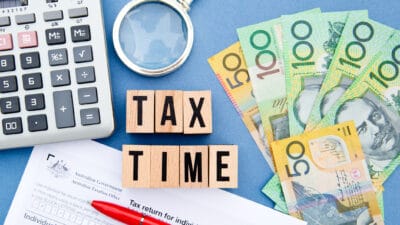Superannuation – Australia's principal retirement savings scheme – is compulsory for the vast majority of Aussies of working age.
That means that anyone who wasn't retired before the mid-1990s is likely to have at least one superannuation account, or their own self-managed super fund (SMSF).
When you start your first job, chances are that's when you would have also received your own super fund. It would have probably been one aligned to whichever vocation you were lucky enough to get your foot in the door (I myself briefly graced the fast-food industry).
It would have also likely been what's known as a 'balanced' fund. Balanced funds are by far the most common super fund orientation, helped by the fact that most 'MySuper' funds (the funds that are put forward by most super providers as a flagship offering) follow this discipline.
But is just going along with a balanced fund the best idea? The term 'balanced' is a feel-good buzzword of sorts – suggesting you get the best of all worlds in your choice. But for many investors – especially those most prone to apathy around super (the young) – choosing a balanced option could end up unbalancing retirement plans.
Let me explain.
Super funds take your compulsory super contributions and invest them on your behalf. Depending on which orientation is mandated, these investments will either consist of 'growth assets' like shares and property, or 'defensive' assets like cash, term deposits and government bonds. A 'balanced' option will typically be a mixture of the two – typically anywhere between 50/50 and 70/30 of growth to defensive.
Defensive assets like cash are employed because growth assets like shares are extremely volatile and can lose a lot of their value unexpectedly in market crashes. Investors typically shift their super funds to hold more defensive assets as they approach retirement to protect their nest eggs against these kinds of events.
But if you're under 40, market crashes shouldn't worry you too much because your super will have decades to recover from any downturns and grow even more before you actually need the money.
Thus, a younger worker who chooses a balanced fund over a growth fund will be exchanging higher returns for reduced volatility – something they don't really need.
Of course, these are just general guidelines and you may have personal circumstances that warrant a different approach.
But if you're reading this and you've just gone with a balanced super plan because it sounds nice – have a think about what assets you really want your money in over your working life. You might end up saving yourself a stupendous amount of money!








